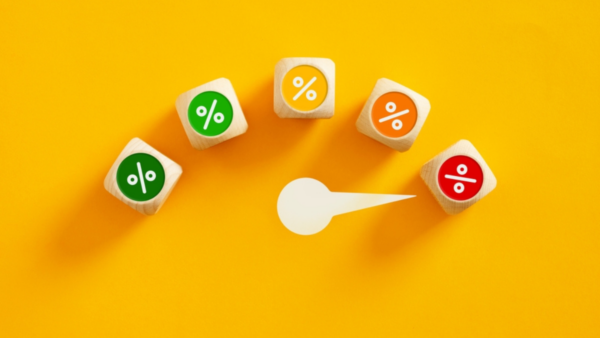On the presidential campaign trail last year, Luiz Inácio Lula da Silva promised that, if elected president for a third term, he would boost investments in science and innovation — which were cut down to the bone during the Jair Bolsonaro years. Every time he talked about his plans for boosting research in Brazil, Lula mentioned the Science Without Borders program, created by his understudy Dilma Rousseff in 2011.
The initiative was designed to distribute scholarships for university students of all levels in STEM-related majors for international exchange programs. The government’s goal in funding the program was to stimulate research by taking Brazilian researchers to some of the world’s top institutions — but also to attract foreign scientists to Brazil.
In four years of existence, the program sent nearly 100,000 students to study abroad. Among 22 country destinations, the most popular for Brazilian students were universities in the U.S., Portugal, the United Kingdom, Spain, and Canada. The most-benefited areas were engineering, medicine, biology, and agronomy.
Critics complained at the time that the program was too expensive: USD 2.72 billion (or USD 27,200 per student). It represents five times the average cost to maintain a regular student in a Brazilian public university per year. It also equals the cost of a nationwide school meal program that benefits 39 million students in public schools.
Others dismissed it as a government-funded exchange program for rich students in public universities. After all, these students were the ones who could more easily pay for their living expenses in a foreign currency.
A report by the Mercado Popular...


 Search
Search










































